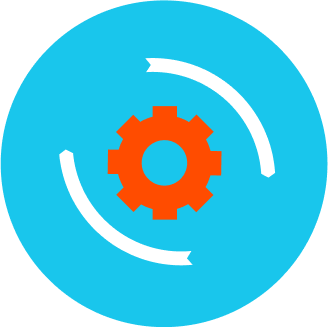 Ways of Working
Ways of Working
Collaborative working practices
Learning and adaptation
Learning and adaptation is a vital part of developing long-term relationships and can help both the outputs and processes become continually more effective.To foster a culture of continuous learning and adaptability throughout the project, it is recommended to create mechanisms for:
- Defining a learning agenda: working with partners to decide what you aim to learn over the course of the collaboration. This should form part of a Monitoring Evaluation and Learning Plan.
- Peer learning and exchange: Facilitate peer learning sessions where partners can share their experiences, challenges, and best practices. This promotes mutual learning and strengthens relationships.
- Regular reflection sessions: Schedule regular reflection sessions where partners can discuss progress, challenges, and insights.
- Incorporating flexibility: Design processes and plans with flexibility in mind, allowing for adjustments as new information and insights emerge.
- Pilot testing and iteration: Implement pilot tests of project components and gather feedback to make necessary adjustments before full-scale implementation.
- Documenting learnings: Keep records of the collaboration’s lessons learned and best practices. Share these insights through reports, case studies, and presentations.
- Disseminating learning materials as evidence and advocacy for policy changes that support gender equality. This can be showcased for long-term sustainability effort.
